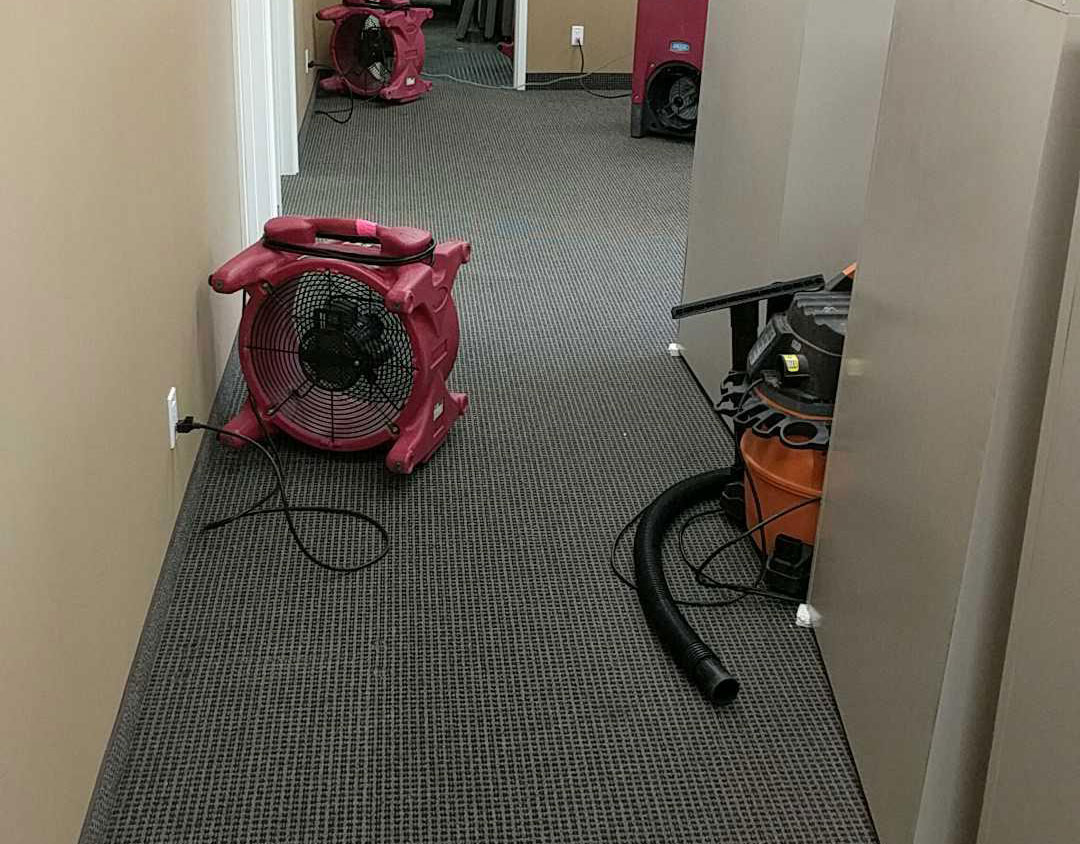When floodwater contains contaminants and viruses that present serious risks of illness, it is considered black water. Sewage is a form of black water, so if you have a sewage backup, you need to quickly fix it. However, knowing what causes sewage backups can help you prevent this situation in your home.
Sewage Backup Causes
- Clogs – Sewage can back up into your home when either your home’s drain pipes or main sewer line become clogged. For example, if one toilet creates a sewage backup, the drain connected to that toilet will likely be clogged. But if all toilets or bathtubs in your home create backflows, then there may be a clog in the main sewer line. Clogs can consist of hair, grease, or other solid materials that end up in the drains.
- Tree Roots – Trees can grow really long roots that intertwine with your sewer line. Roots can grow into a pipe and cause holes or crush the sewer line by growing around it. Even if the roots in your yard are not the problem, roots from nearby trees can reach your sewer line and damage it.
- Damaged Sewer Lines – In the past, pipes were made of cast iron and clay piping which don’t last very long. Aging sewage systems can break down and crack, causing sewage backups and flooded basements. Plastic sewer lines have now become the norm.
- Heavy Rainfall – A large amount of rain can overburden your city’s sewer lines. If the public sewer can’t handle excess rainfall, the water can make its way into connected sewer lines. This puts your home at risk of water backflows.
How to Prevent Sewage Backups
- Don’t pour grease down the drain. Cooking oil can harden within your pipes; it gradually stops debris from draining, creating a clog. To properly dispose of grease or fat, pour it into a heat-resistant container and throw it in the trash after it cools off.
- Dispose of paper products properly. Flushing hygiene products such as paper towels, diapers, or feminine products down the toilet can easily clog your sewer line. Save yourself some trouble and discard paper products in the trash.
- Install a new plastic pipe or cut tree roots. To prevent tree roots from damaging your sewer lateral (the line buried in your yard), replace it with a new plastic pipe. If tree roots still grow in your sewer lateral, cut the roots occasionally.
- Install a backwater prevention valve. This fixture allows sewage to leave but prevents it from backing up into your home. Backwater valves are typically installed into a sewer line and sometimes into a drain line in the basement.
If a sewage backup occurs in your home, call a restoration professional right away to remediate the black water damage. Handling the contaminated water yourself can put you at risk of contracting diseases. Contact your local PuroClean office for water damage repair and mold remediation services.




 PuroClean North Metro Atlanta
PuroClean North Metro Atlanta